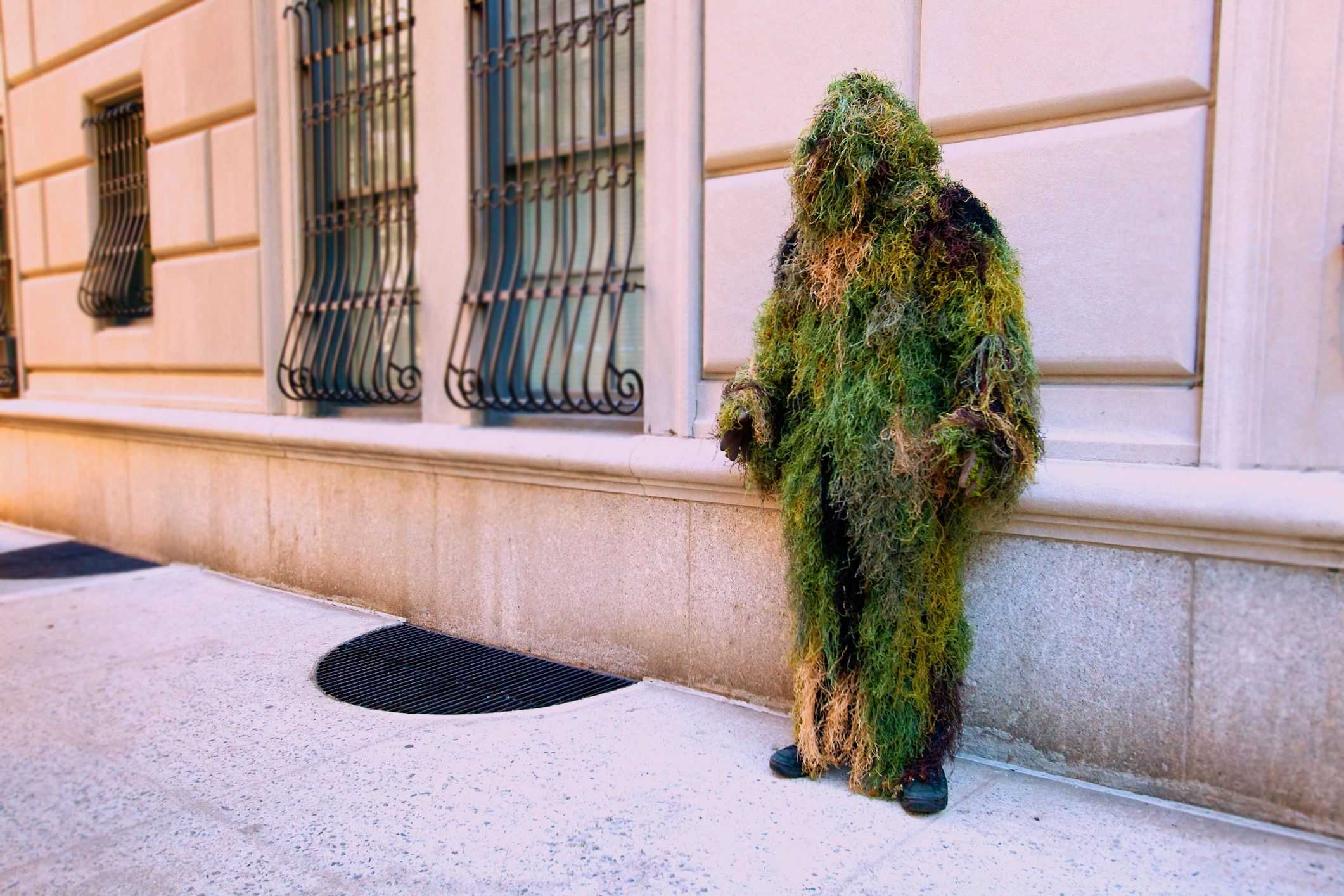“Without leaps of imagination, or dreaming, we lose the excitement of possibilities. Dreaming, after all, is a form of planning.”Gloria Steinem
SUPERRR LAB: Building diverse and equal futures in tech and beyond
What kind of world do we want to live in in the future? What role should digital technologies play in determining this? And how can we work together to create equitable and diverse visions for the future? Read the blog contribution from Nandita Vasanta, Project Lead at SUPERRR LAB.
July 26, 2023
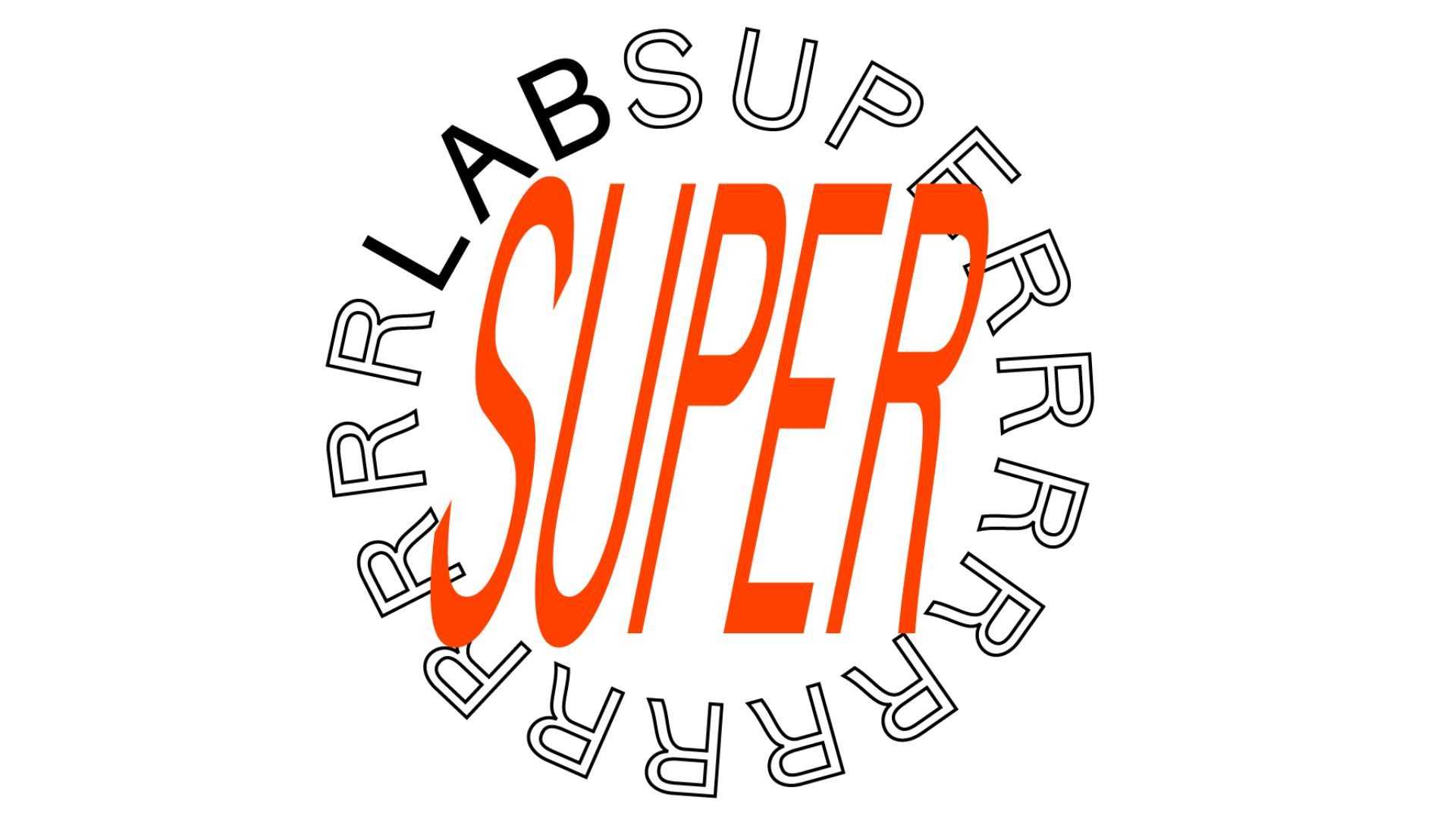
It's time to reject the apocalypse – at least for now. Not out of ignorance or false optimism – on the contrary. We believe that attention must be drawn to inequalities, and that injustices and exploitative systems must be named. “To make something manifest, can be enough to cause a disturbance,” says researcher Sara Ahmed. We want to create disturbances, cracks and disruptions in order to create space for new ideas and forms of knowledge. In the face of the many crises and challenges of our time, we run the risk of becoming jaded or powerless. Instead, we want to ask ourselves how we can meet the pressing questions of our time in order to create equitable and livable visions of our future: “We have to enact the world we are aiming for: Nothing less will do,” says Ahmed. But in order to do that, we also need to know what this world can and should look like.
As a feminist organization, we at SUPERRR LAB have made it our mission to explore and think ahead about the potential of new technologies for our society. With an intersectional feminist approach, we aim to look at digitalization holistically in order to make often invisible power structures, unspoken narratives and systemic connections visible. It is a matter of questioning existing innovation narratives – replacing the mantra higher, faster, further, which comes at the expense of people and the environment, with ones that are more equitable, sustainable and inclusive, and placing values such as collaboration, prudence, and justice at the heart of this new intersectional feminist digitalization.
We not only want to make visible the inadequacies of the systems and structures that surround us, we also want to do something about them. By coming up with alternative and radical perspectives, visions and narratives about the future, we challenge the status quo and open up a space for possibilities and the what-if. In doing so, we are filling a gap in digital civil society - a field in which a large number of watchdogs and advocacy organizations are active -, draw attention to grievances, bring up painful topics and shed light on what needs to be changed.
As part of our fellowship programs, we support individuals and collectives in researching alternative and as yet little-considered perspectives of the future, and in developing technologies that actually meet the different needs of people. In our recent fellowship program, The New New, the recipients designed language assistants that do not make use of gender stereotypes. Young people in Paris used Minecraft to sketch what their homes – the banlieues – could look like in the future. HammamRadio created a safe space for the Arabic-speaking LGBTQ+ community that allowed them to talk about feminism, queerness, and social taboos. And much more.
Partner Insights
SUPERRR LAB
At the same time, we examine the social impact of technologies in our research work and provide recommendations for action with regard to politics and society – such as through the concept of a feminist digital policy. Our goal is to enable a world in which every person can participate in a democratic society and benefit from technological advances.
We believe that the future is something we should do and think about together. Shaping it is a practice that requires constant development – and works best when we work together as well as empower and support each other. That’s why we collaborate with people from civil society and the technology industry, non-profit organizations and public institutions, policymakers, artists and other creative people to research more equitable technologies and enable new narratives. Through our work we connect different interest groups and aim to give space and visibility to the multitude of voices and perspectives.
As a feminist community, our goal is to show that desirable futures are possible when we dare to explore (still) unknown paths for thought and action – whether it’s by founding new programs, carrying out campaigns, creating community spaces or building things that make the world a better place. These different initiatives, projects, and people create a network in which diverse knowledge practices are connected and create synergies. Ahmed says that this form of exchange, “these acts of spreading the word, are world making.” With this in mind – let’s spread the word!
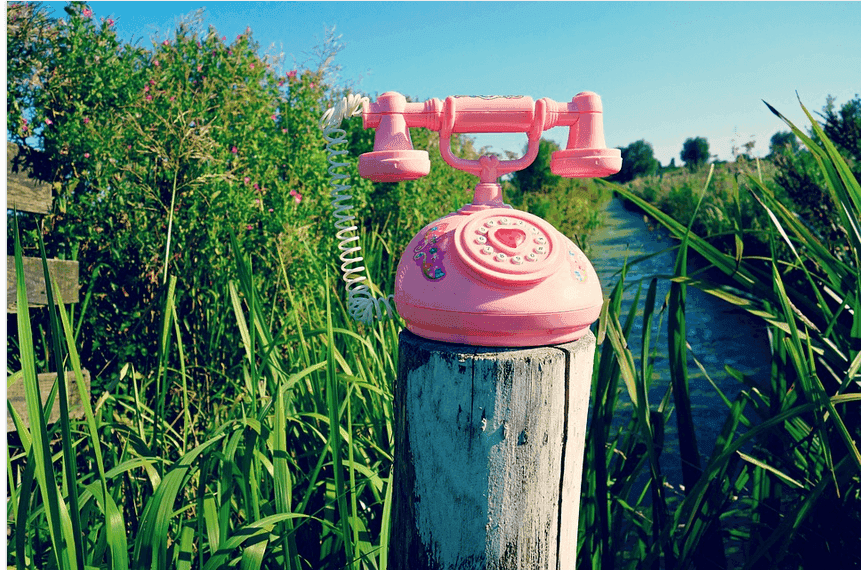
Climate Cultures Call: Our Grantees
From eco-playwriting programs for Algerian students to building a climate justice network in Europe - Get to know our ten Climate Cultures grantees!
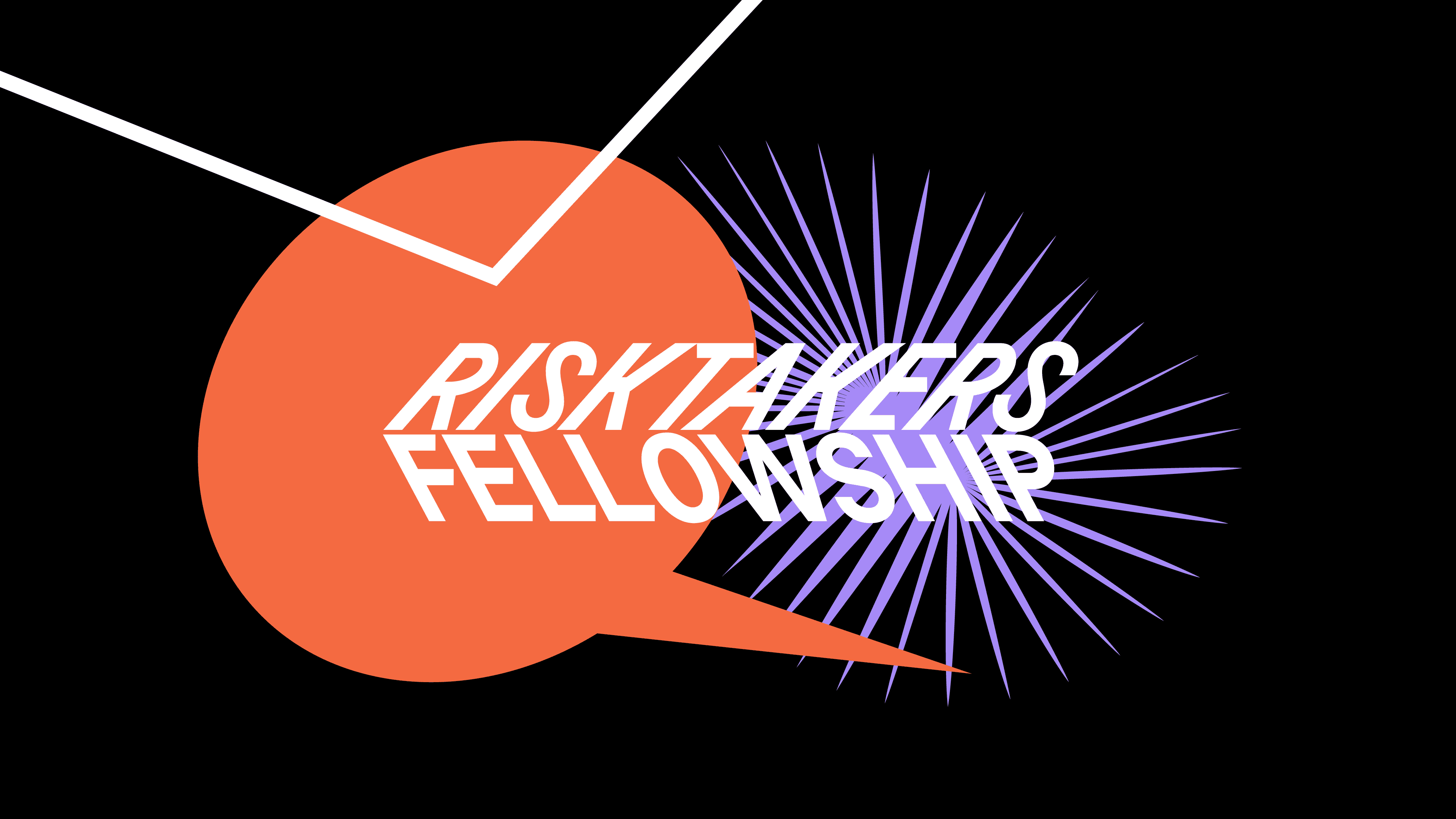
Risktakers Fellowship Call
+APPLICATION DEADLINE EXPIRED+ The fellowship aims to create spaces of hope and resilience while facing the complex crises of our time. It supports individuals who meet these crises by developing ideas for desirable futures – in the digital space and beyond. This Fellowship is a collaboration with SUPERRR LAB.
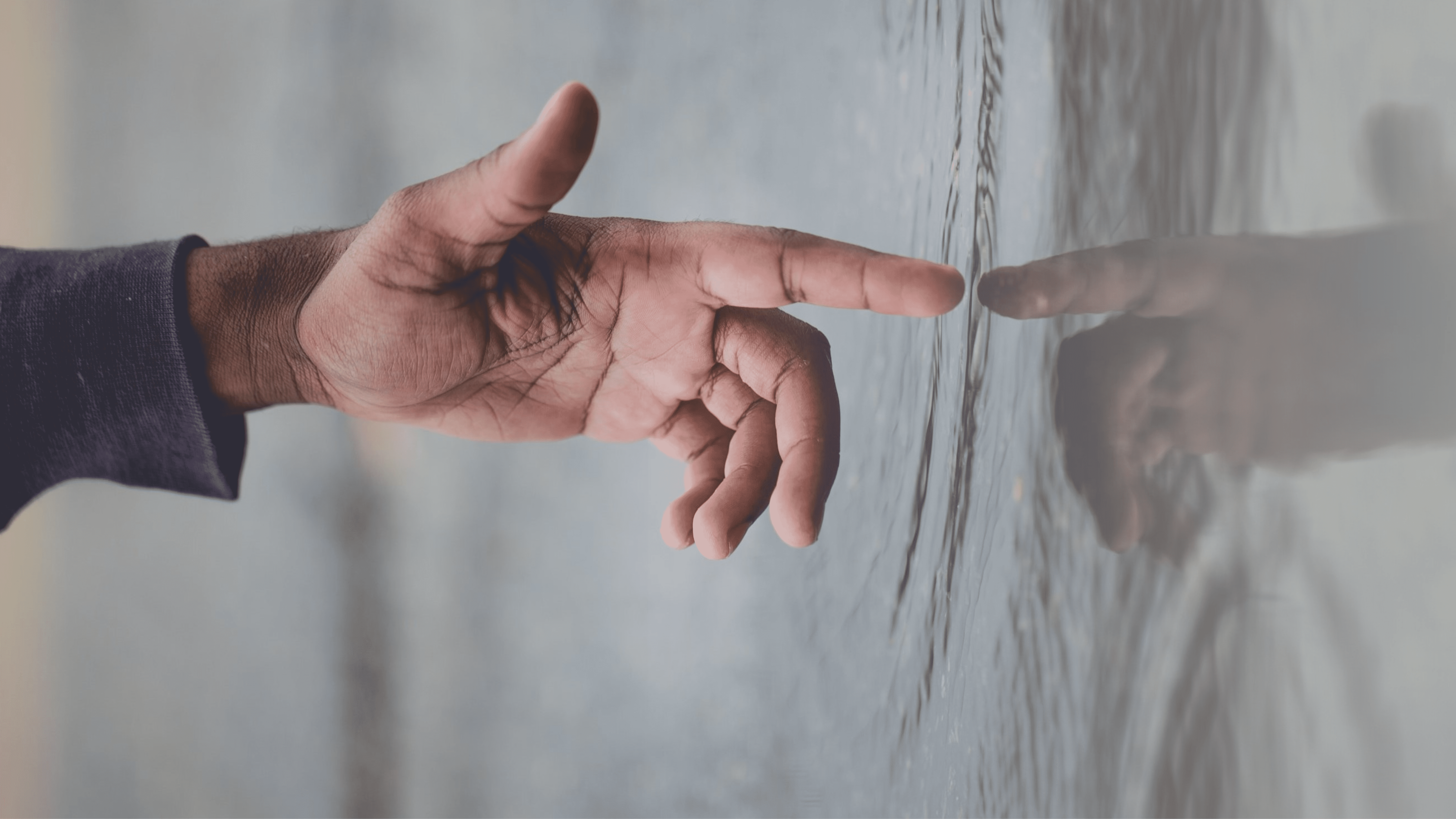
Talents for Tomorrow: Diversifying Foundations for Europe
The Allianz Foundation in Berlin and the European Cultural Foundation in Amsterdam are collaborating on a new Traineeship program focused on promoting and diversifying philanthropy with a European purpose. Throughout the 8-month pilot program, the Trainees will gain hands-on experience in one of the two Foundations.
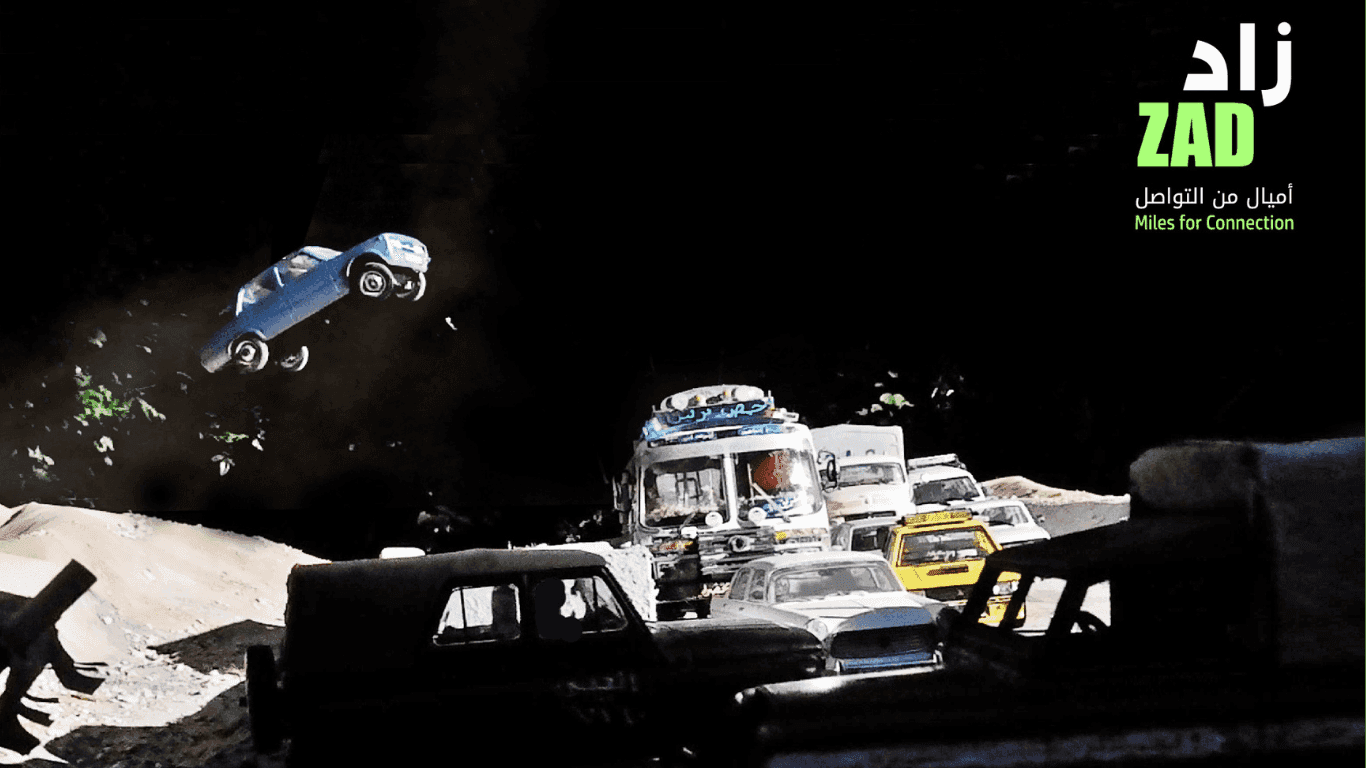
Zad: Miles for Connection
The right to freedom of movement is essential for a generation of artists who had to relocate to Europe. Zad promotes the mobility of artists, individuals, and groups by offering financial support to showcase their work in new venues. This assistance can cover travel costs within their current country or across Europe. The program is open for applications year-round.
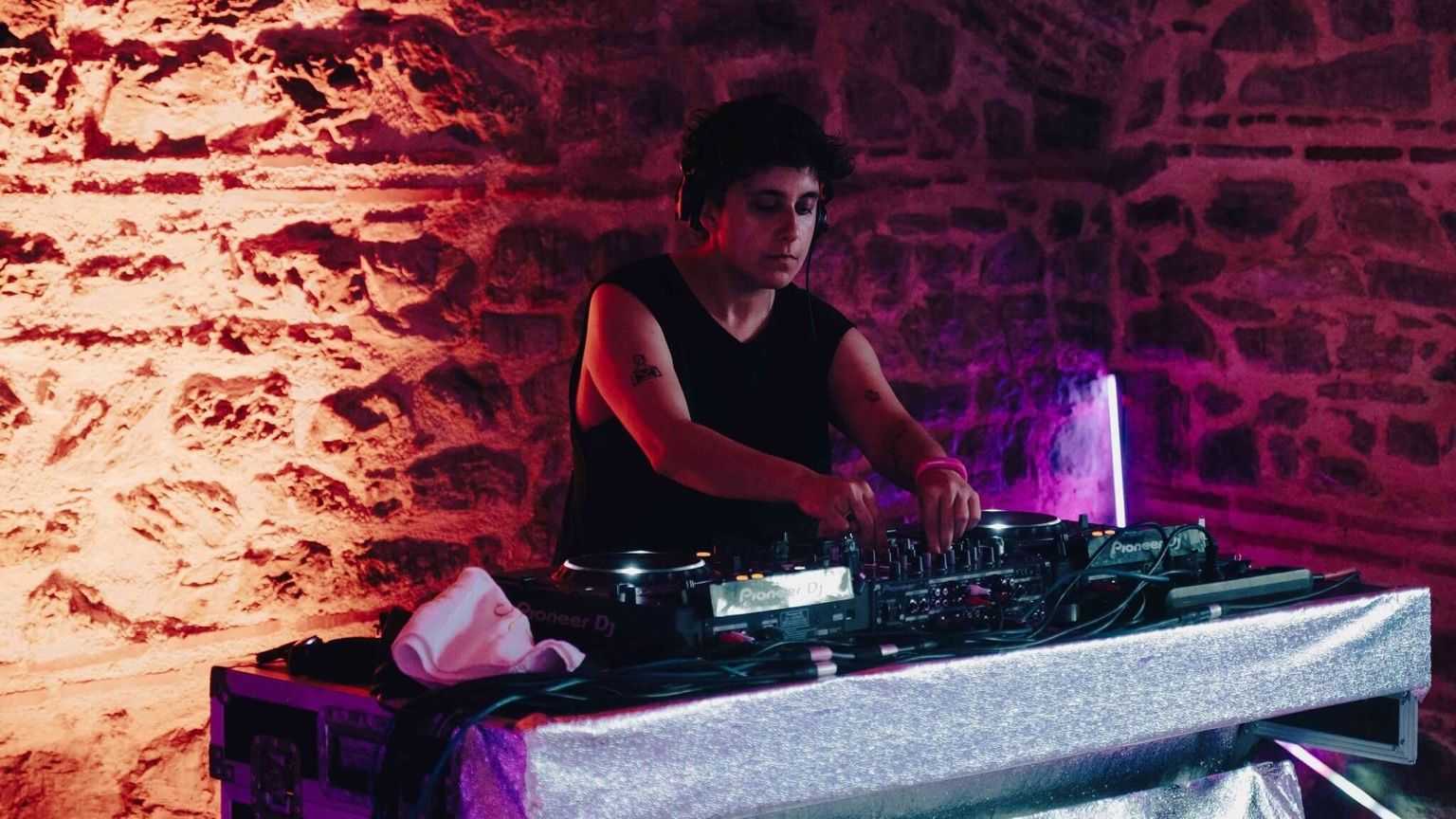
Tandem-residencies in Tarabya: nightlife as resistance
How does nightlife in Istanbul becomes an expression of identity and solidarity? In an interview, Yelta Köm and Ulya Soley reflect on their time as Tarabya fellows: from artistic research and publications to the “Sound Kitchen”. Find out what they experienced and how to apply for the fellowship.
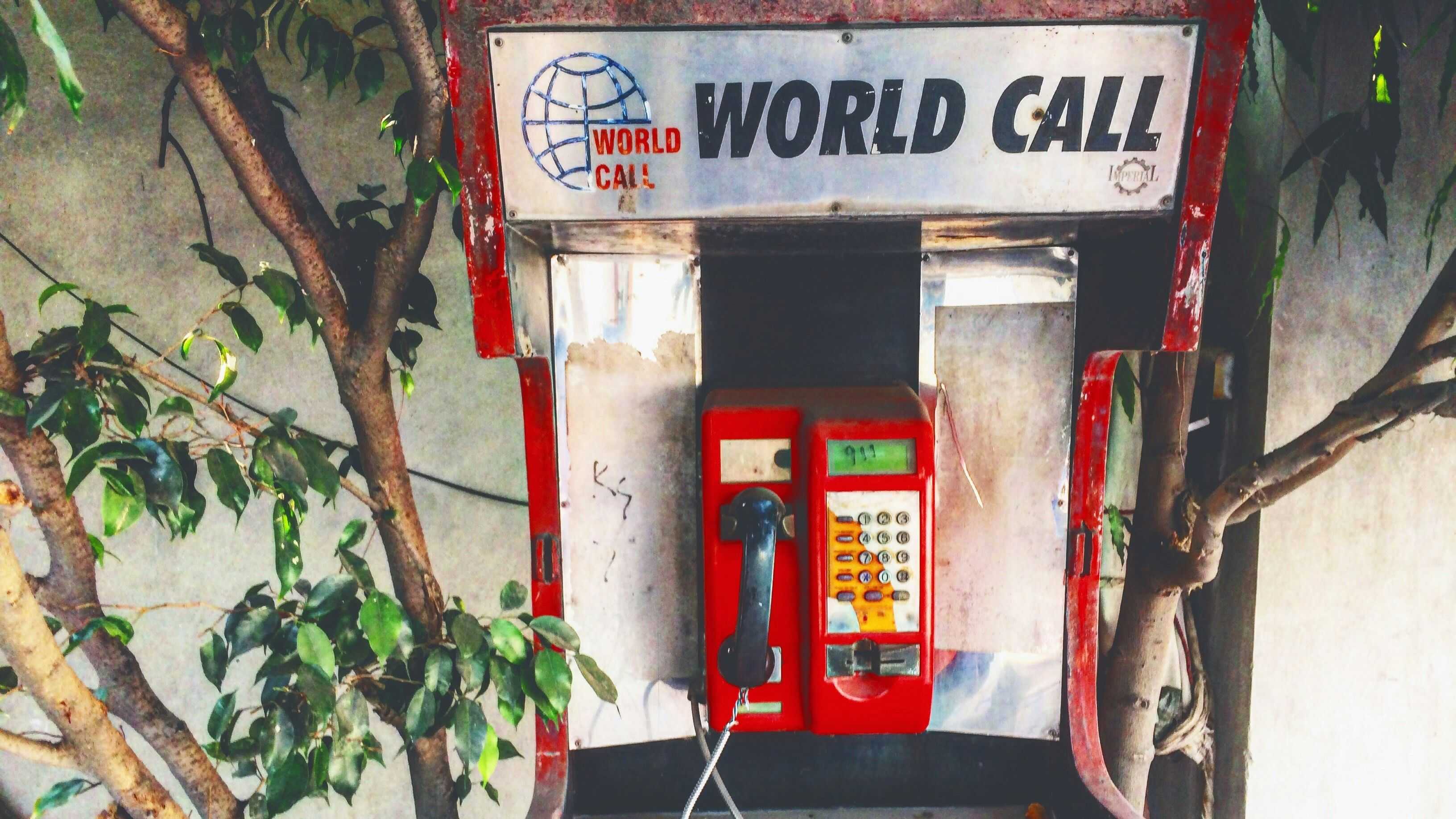
Allianz Foundation Grants Program 2025
+APPLICATION DEADLINE EXPIRED+ Allianz Foundation's 2025 funding program is now open for applications. We support initiatives with civil society, ecological, cultural and artistic backgrounds. We place a special emphasis on projects working at the intersection of these areas and pursuing systematic change.
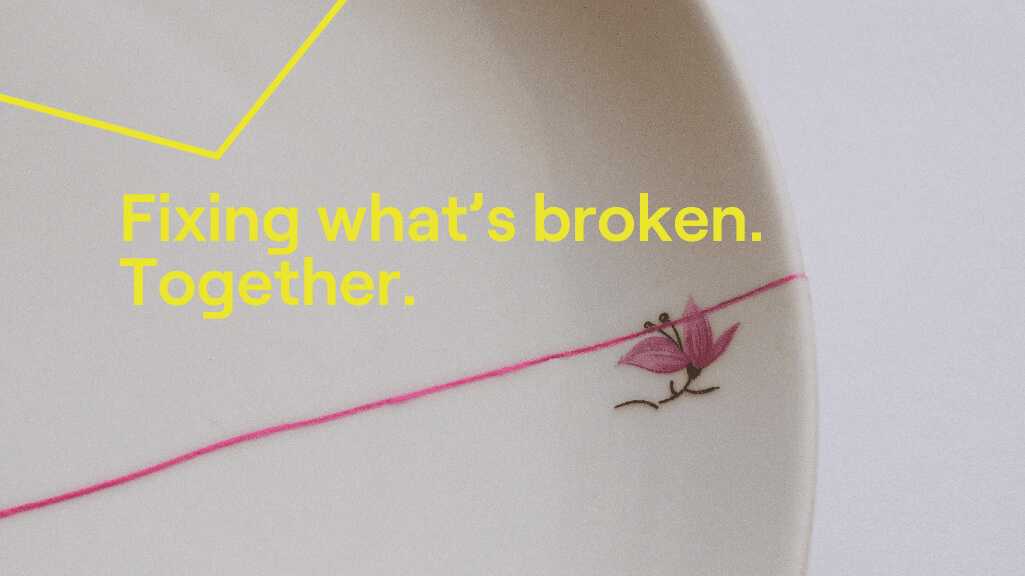
Fixing what’s broken: Our funding projects 2024
Twelve new projects in this year’s funding program – 'Fixing what's broken. Together!' – started in September. This season we are specifically supporting cooperation projects that address social divisions and ecological crises. Their work stands for solidarity, community spirit, and respect. Get to know the funded projects here.
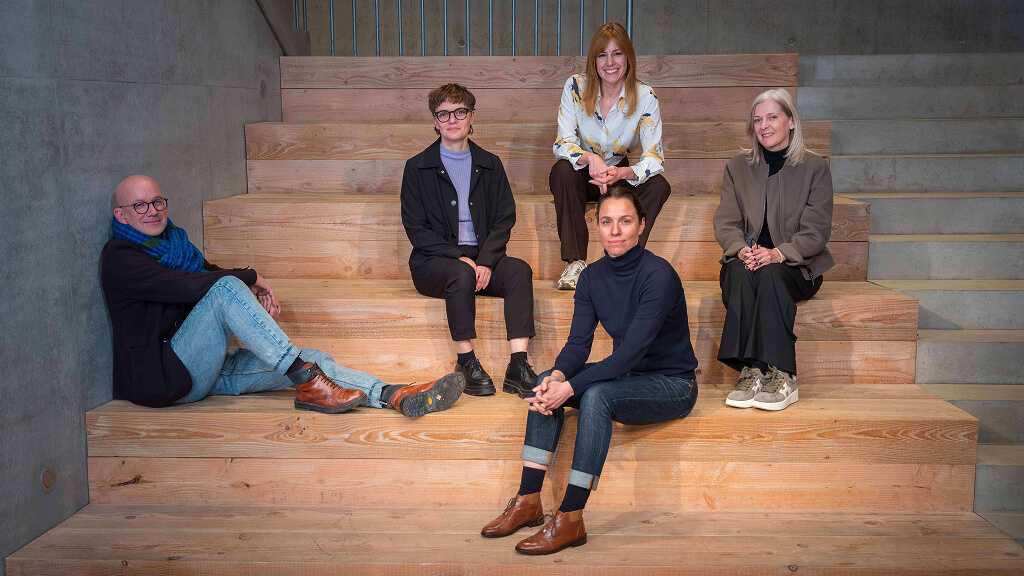
Media Forward Fund: supporting public interest journalism
Democracies require independent, long-term, and sustainably financed journalism, which is crucial for publishing trustworthy content. The Media Forward Fund was launched with this objective in July 2024. The first funding partners have now been announced.
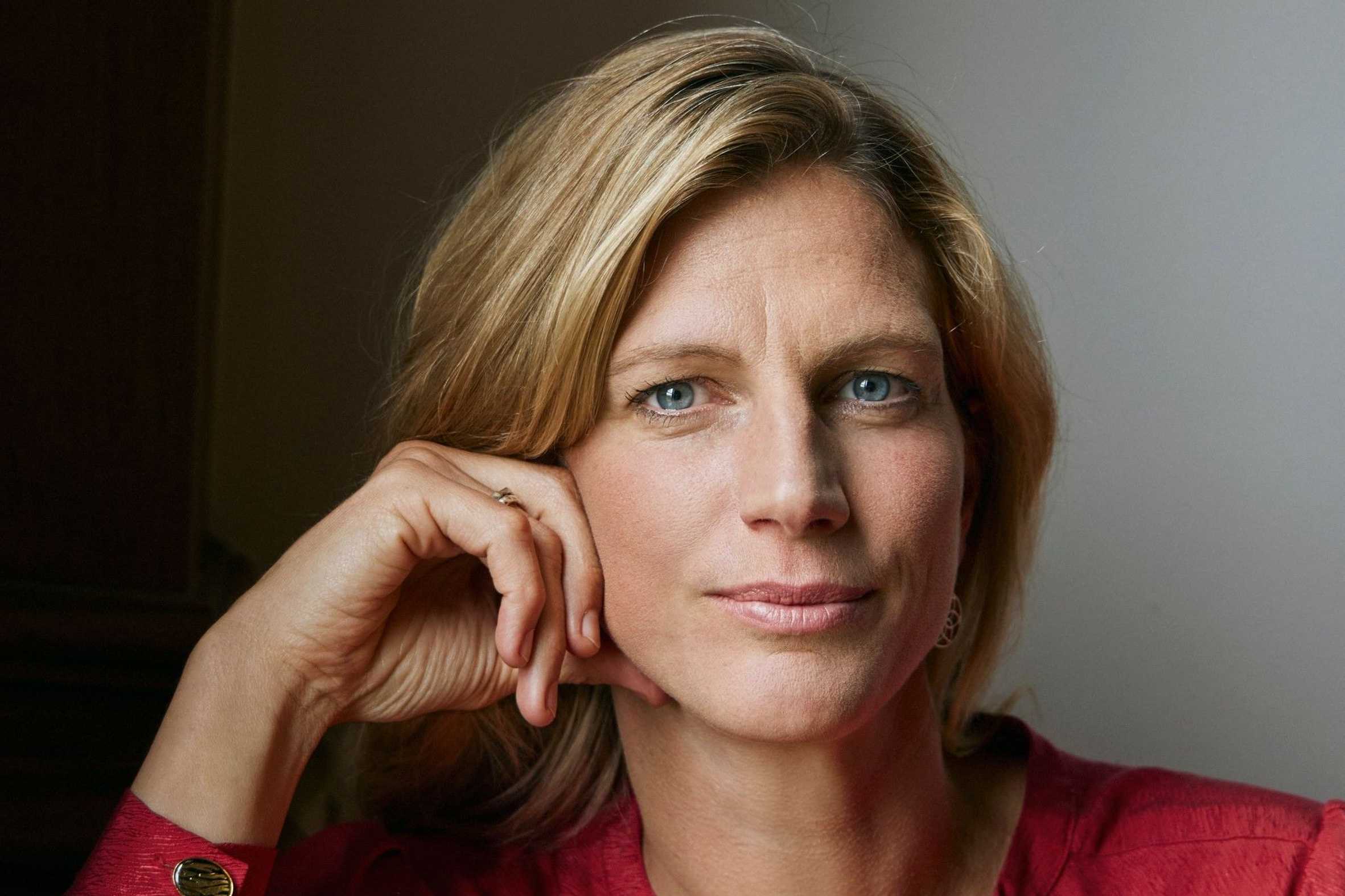
Our new fellow Maja Göpel: more courage for a future-oriented transformation

Our new fellow Idil Baydar: shatter the integration nightmare
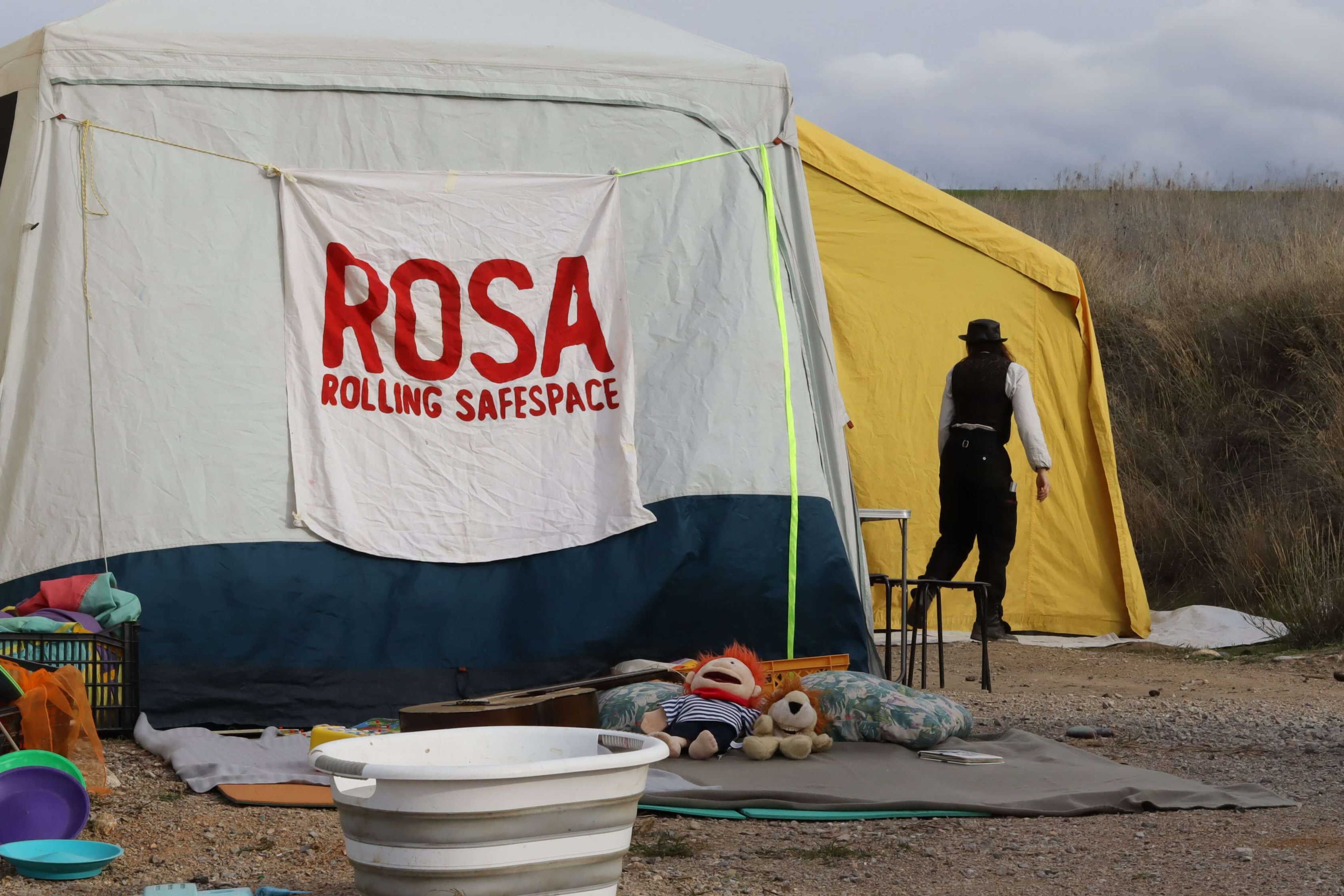
ROSA on the move: A truckload of hope for women in crisis
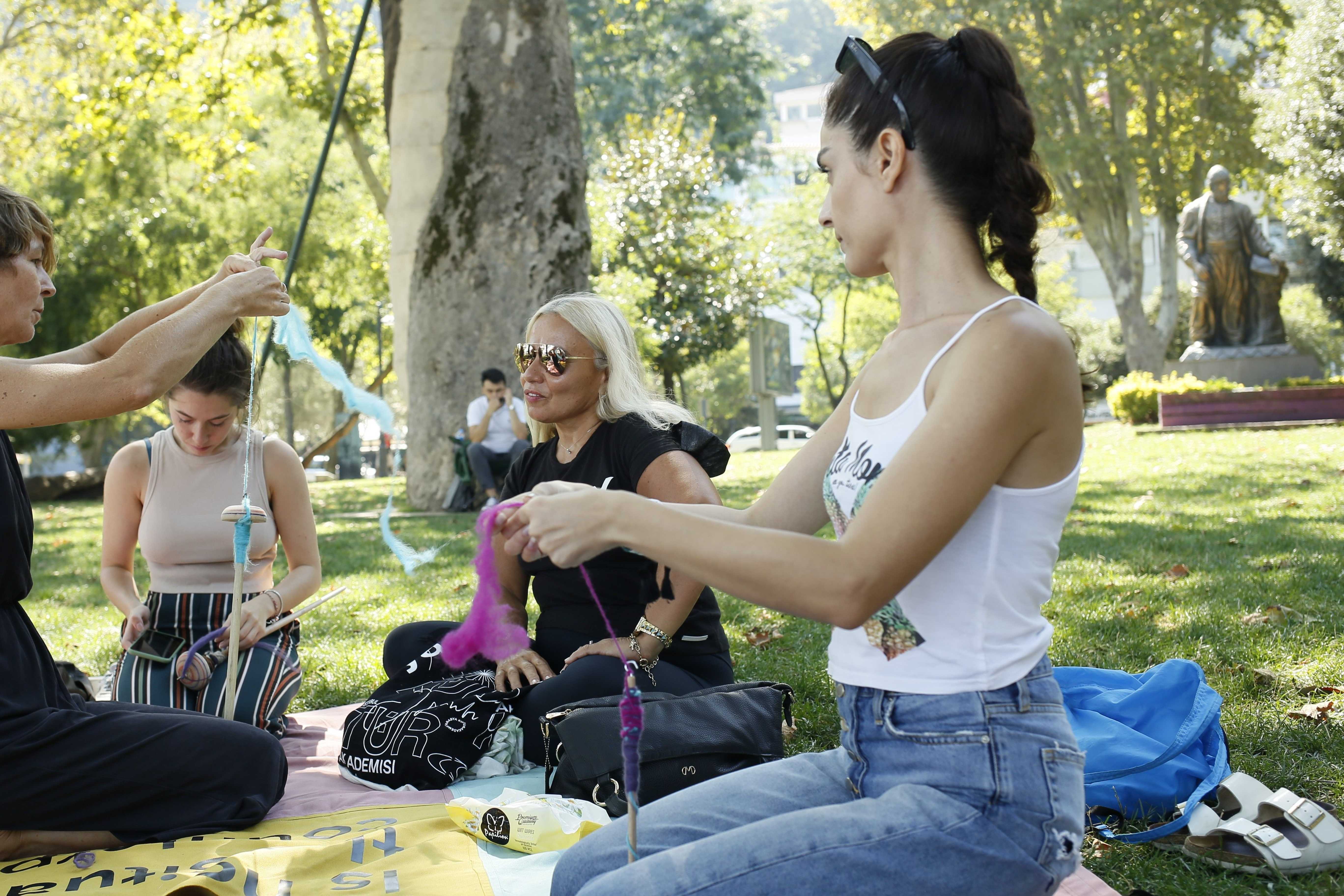
Four months in Tarabya
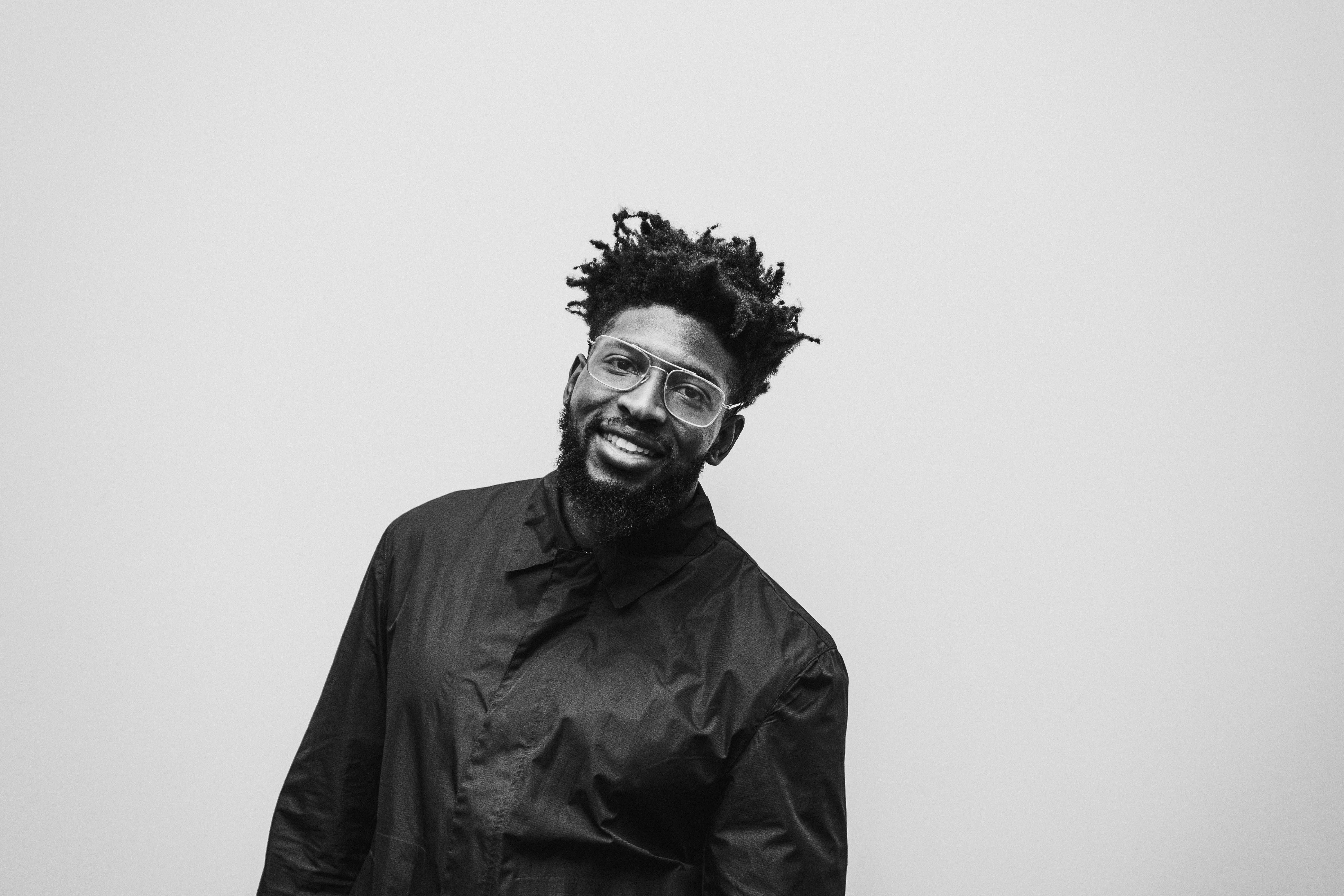
Our new fellow Makan Fofana: the mastermind of Turfurism
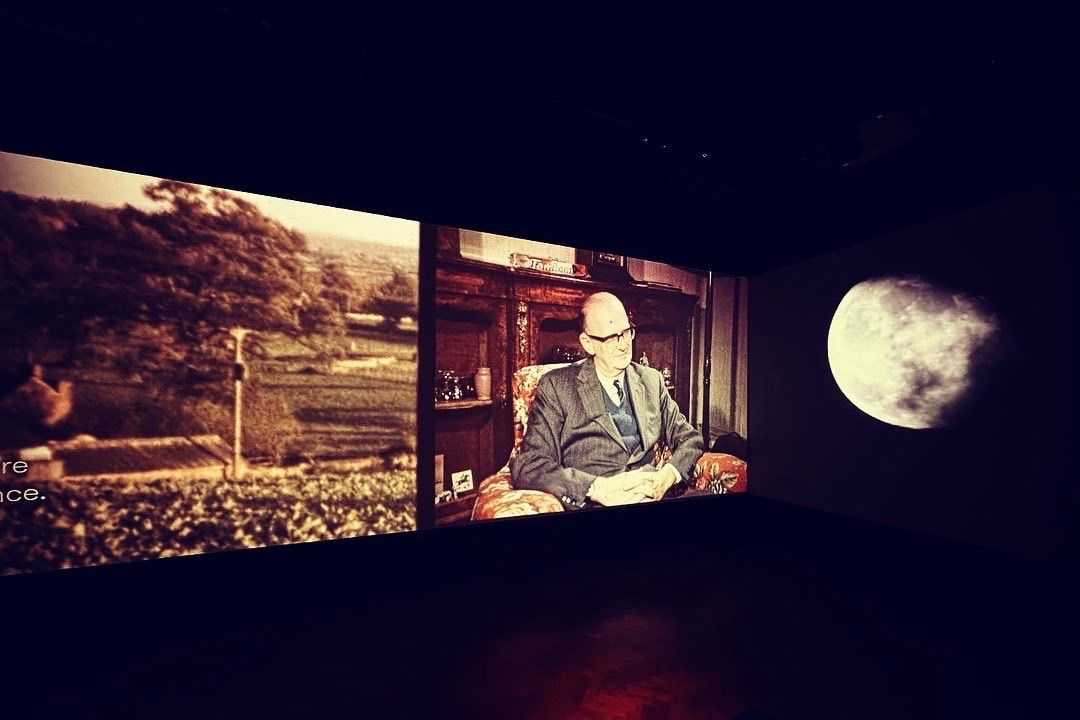
Radical Ecology: Supporting climate justice through creative practice
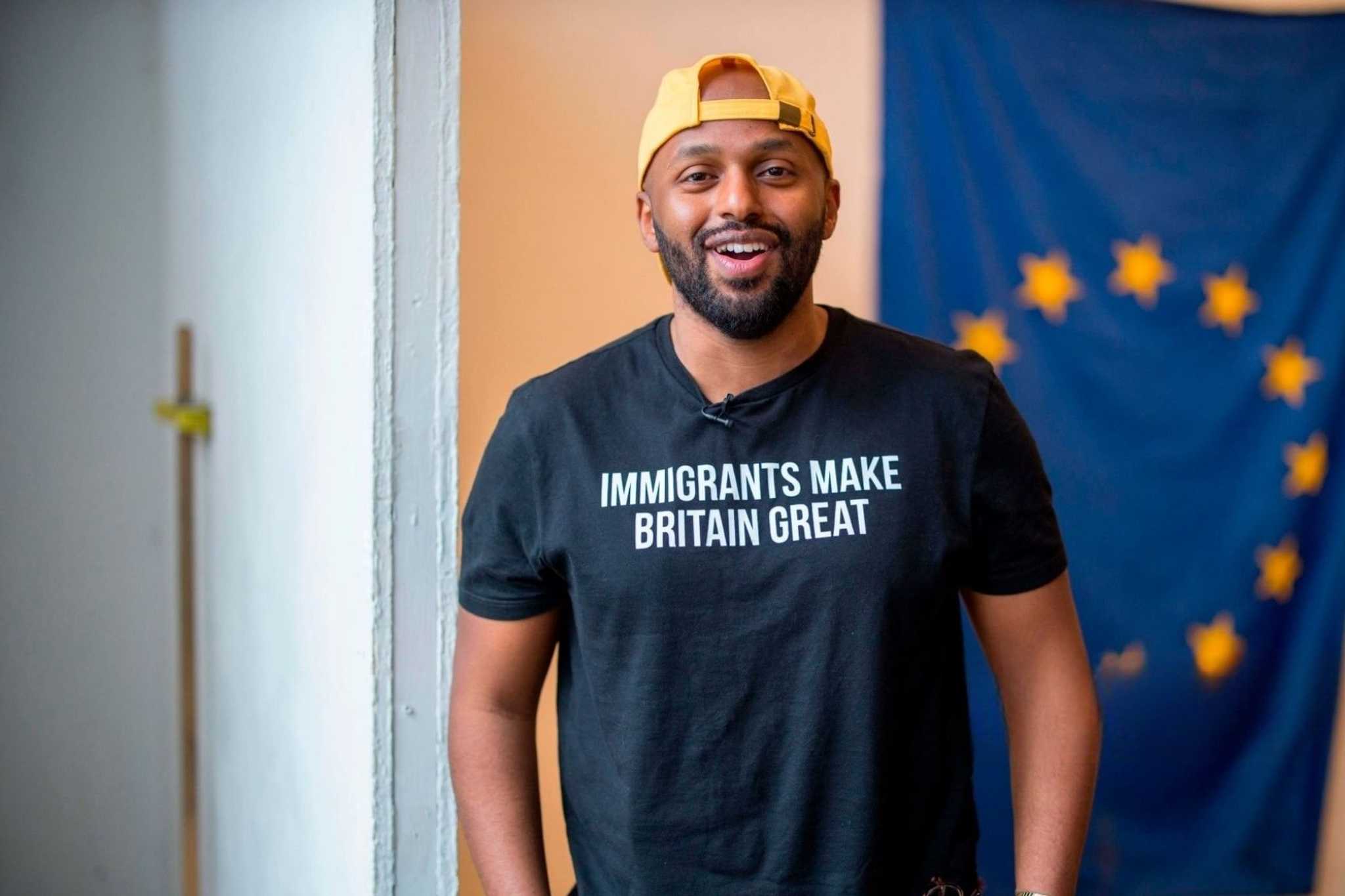
Magid Magid reflects on: Allianz Foundation Next Generations Study 2023

Visiting Umoja, Kenya’s women-only village
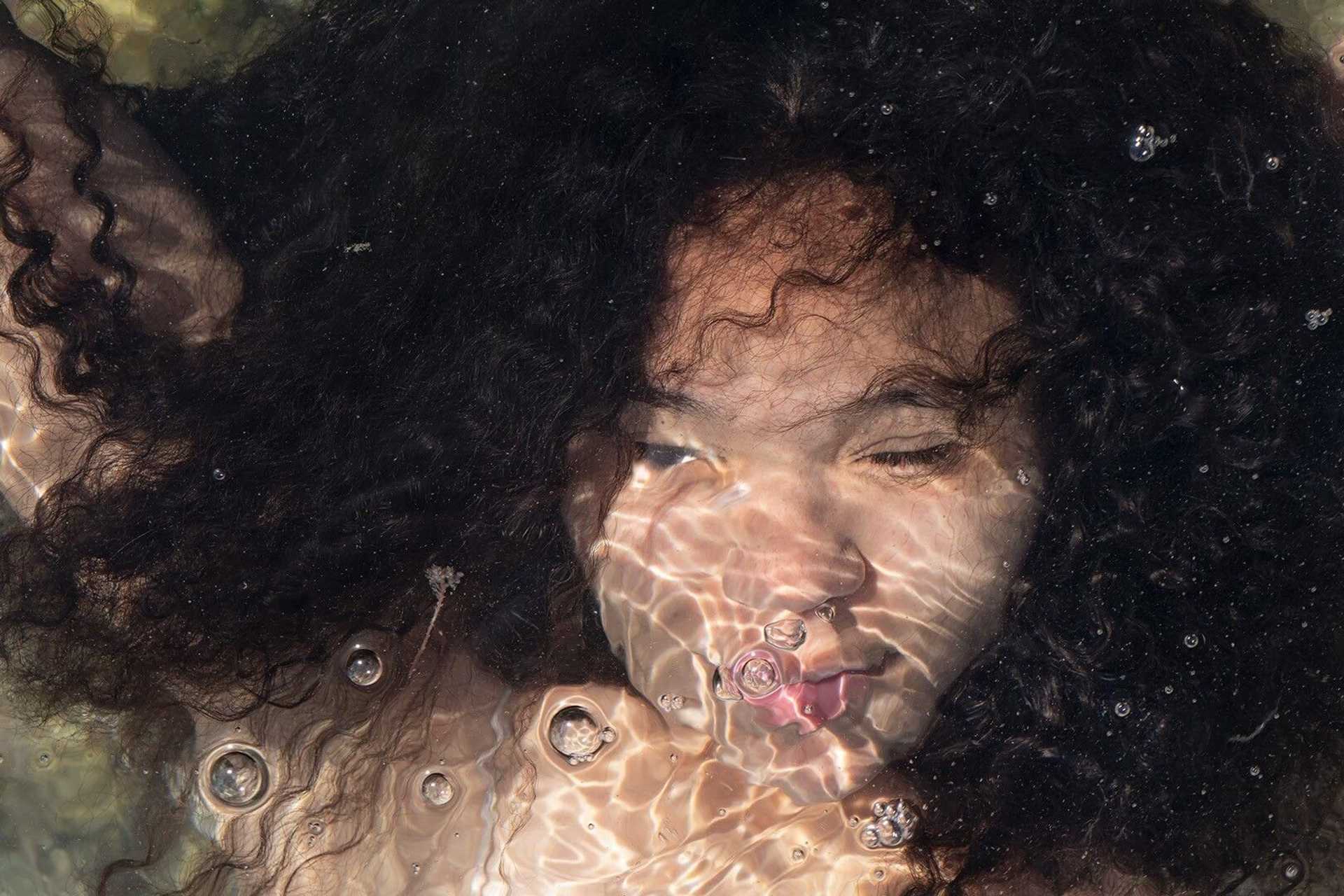
Exploring Afro-European Identities at Les Rencontres d’Arles 2024
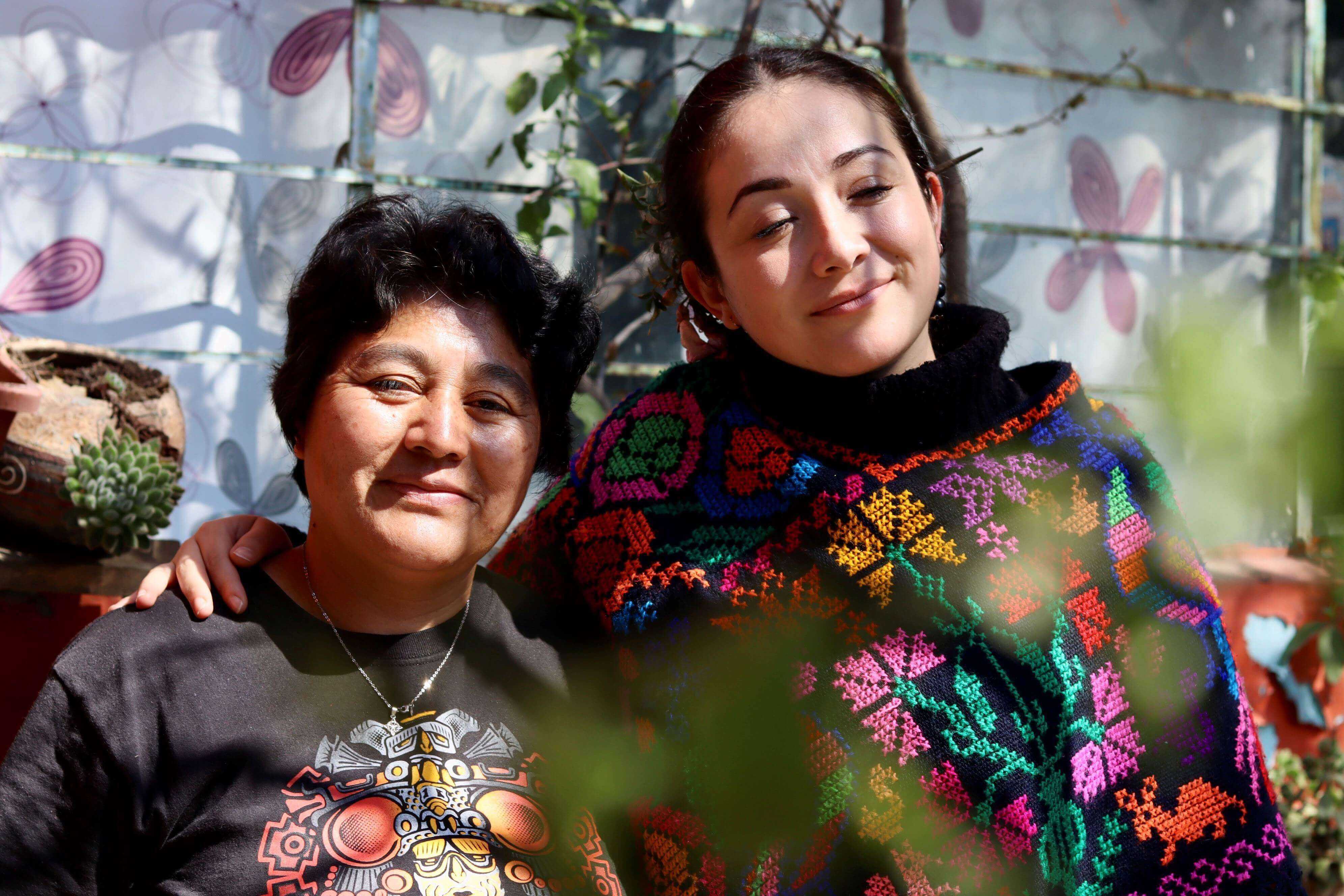
The House of Traditional Medicine Ixchel

Meet our first Fellows 2023 and 2024
